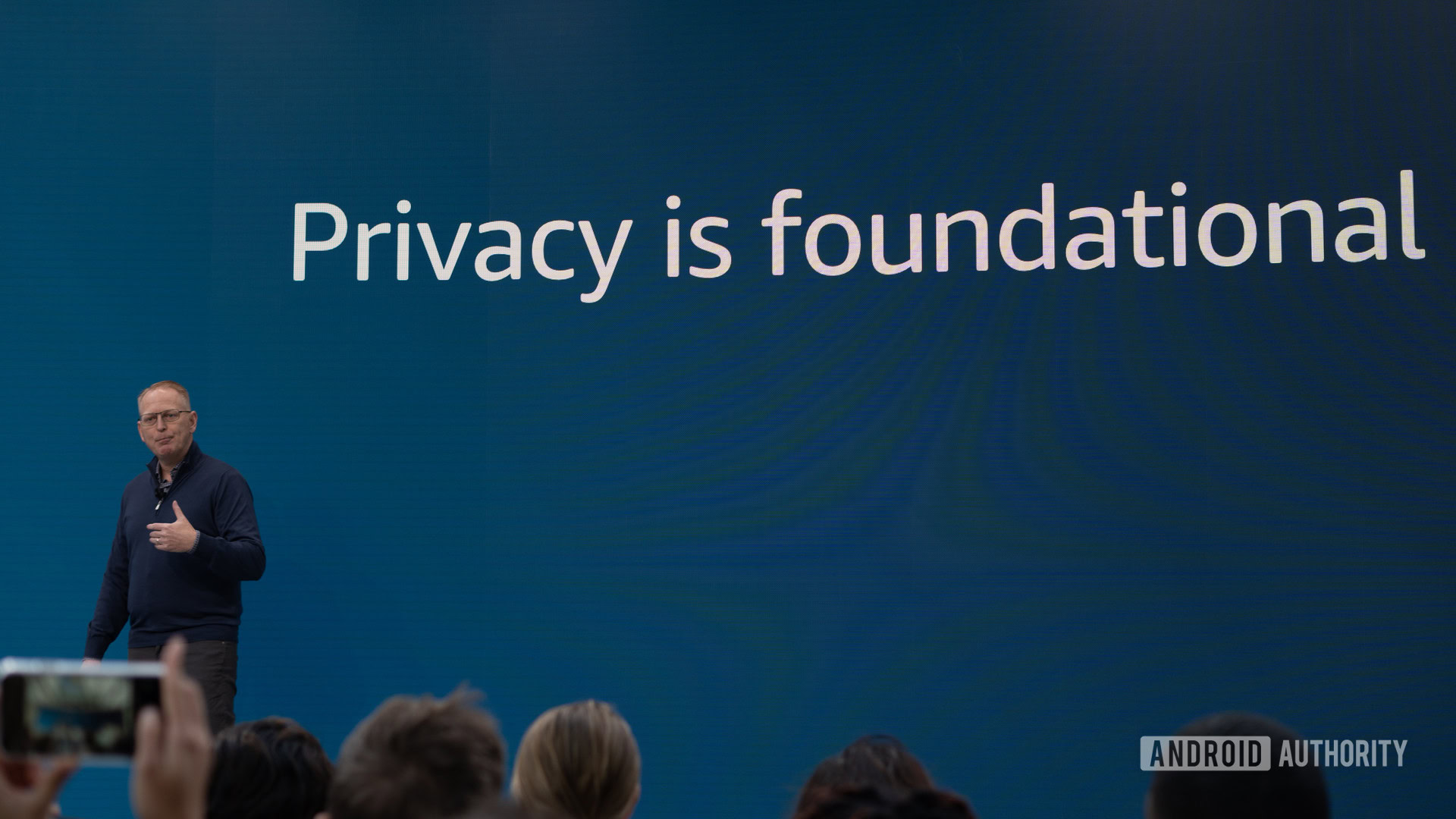Affiliate links on Android Authority may earn us a commission. Learn more.
The 'Evil List' of 30 tech companies, and more

Your tech digest, by way of the DGiT Daily newsletter, for Thursday, January 16.
1. Tech’s ‘Evil’ List

Slate has compiled an “Evil List” of the 30 most damaging tech companies by surveying “a wide range of journalists, scholars, advocates, and others” to figure out which tech companies are most concerning.
First, what is ‘evil’ exactly?
- “We don’t mean evil in the mustache-twirling, burn-the-world-from-a-secret-lair sense—well, we mostly don’t mean that—but rather in the way Googlers once swore to avoid mission drift, respect their users, and spurn short-term profiteering, even though the company now regularly faces scandals in which it has violated its users’ or workers’ trust. We mean ills that outweigh conveniences. We mean temptations and poison pills and unanticipated outcomes.”
- The word “evil” is a touch disingenuous for many of the companies that make the list: probably the weirdest of the 30 is ‘The Grid’ (yes the actual power grid infrastructure that delivers electricity, at #27).
- But the list has value because of the companies you might not be aware of.
The worst:
- Amazon (#1 “most evil”), Apple (#6), Facebook (#2), and Google (#3) hold prominent spots and their bad behaviors are explored with fresh insights. Not a lot new there.
- But it’s companies like mSpy (#30), Cellebrite (#29), Vigilant Solutions (#25), Palantir Technologies (#4), and more, that really do appear to be vastly ethically challenged from the outset.
- mSpy is a phone-spying software company, aimed at parents for tracking kids. But according to the company’s own research, 50% of people are using the app to actively surveil a romantic partner. It provides secret access to monitor another person’s messages, locations, social media, browsing histories, calls, and anything more you need to cyberstalk. Yikes. (Google booted it from its Play Store last year.)
- Cellebrite is “a forensics company based in Israel that breaks into personal devices,” often for law enforcement, which has been used by less democratic countries to arrest legitimate journalists reporting on genocide.
- And Vigilant Solutions offers “artificial intelligence and analytics … [as] police departments surveillance tools, which can help them to skirt the Fourth Amendment.”
- The ACLU sued Immigration and Customs Enforcement (ICE) over its use of a license plate database maintained by Vigilant to track the cars of undocumented immigrants. As Slate’s expert said: “having the ability to trace people’s movements through space directly restricts our freedom of movement and association.”
- The full list is worthy of your time.
2. Sony sends invites for MWC event, likely launching Xperia 5 Plus (Android Authority).
3. Huawei’s next foldable phone (likely the Mate XS) could be cheaper and smaller than the Mate X, but will it launch outside of China? (Android Authority).
4. Pulse oximeter: What is Pulse Ox, why is it in more and more wearables, and why does it matter? (Android Authority).
5. Apple has acquired Xnor.ai, a company working on AI for image-recognition for about $200M – and that’s left some Wyze cameras without people detection (The Verge).
6. The new Microsoft Edge browser running on Chrome’s backend software Chromium is out, and there are a few extra features (Ars Technica).
7. The military is building long-range facial recognition that works in the dark (OneZero).
8. Mozilla has been forced to lay off 70 employees as it waits for new products to generate revenue (TechCrunch).
9. Huh: Valve’s Index VR headset is sold out and VR ‘Half-Life’ isn’t even here yet (Engadget).
10. Here’s why Game of Thrones spin-off House of the Dragon was chosen over other contenders (Gizmodo).
11. Letting slower passengers board airplanes first really is faster, study finds (Ars Technica). Also: The best and worst US airlines of 2019 (WSJ, $).
DGiT Daily: Your tech resource
The DGiT Daily delivers a daily email that keeps you ahead of the curve for all tech news, opinions, and links to what’s going down in the planet’s most important field. You get all the context and insight you need, and all with a touch of fun, and the daily fun element that you otherwise miss.